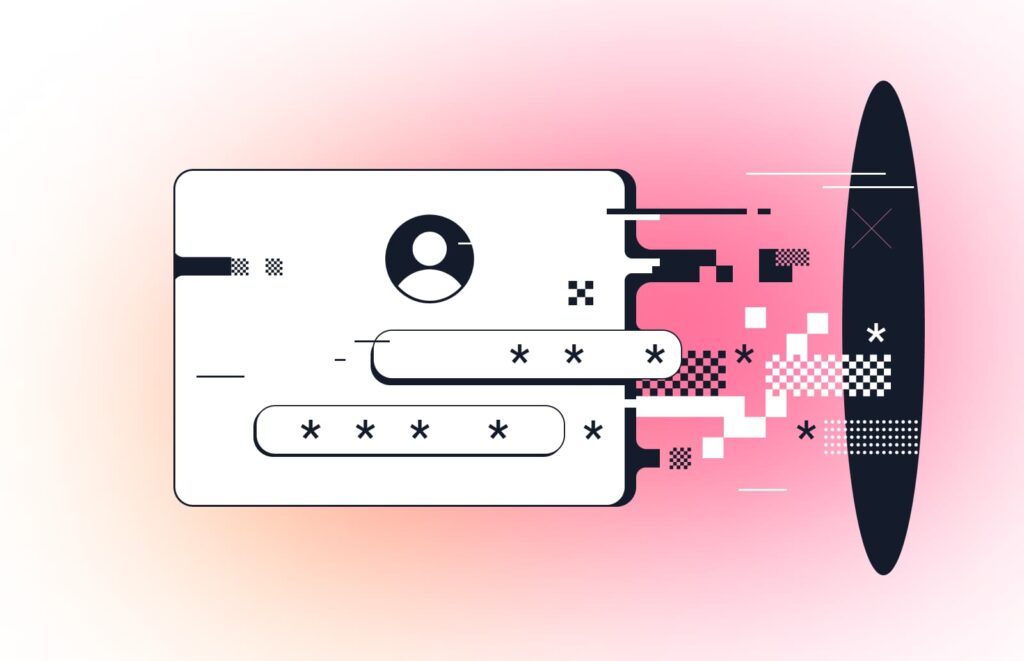The Real Cost of Free Apps: How Your Data is Being Exploited

In today’s world, it’s hard to imagine our lives without smartphones, and it’s even harder to imagine our smartphones without apps. Apps are an integral part of our daily routine, from ordering food to booking a cab or just browsing social media. And the best part, most of them are free to download and use. But, have you ever wondered how these apps can afford to be free? The answer is simple – they monetize your data. And the worst part is, most people are not aware of this practice and the potential risks that come with it.
So, let’s dive into the real cost of free apps and how they exploit our data.

– Firstly, let’s understand how these apps collect our data. Most of them use a variety of methods to track and monitor our activity. They may use cookies, which are small text files that store information about our browsing habits, or they may use tracking pixels, which are invisible images embedded in web pages to monitor our online behavior. Additionally, some apps may request access to our contacts, location, and other personal information when we download and install them.
– Once these apps collect our data, they sell it to third-party companies who use it for various purposes. For example, data analysis companies may use it to identify patterns and trends, which can be used to create targeted advertising campaigns. Social media companies may use it to build profiles and show us content that is most likely to engage us. And some companies may even use it to influence our choices and behavior.
So, what are the potential risks of sharing our data with these third-party companies?

– The most obvious risk is the loss of internet privacy. When we share our data with these companies, we are giving them access to our personal information, which can include sensitive information like our financial details or health records. If this information falls into the wrong hands, it can lead to identity theft, financial fraud, or other forms of cybercrime.
– Another potential risk is that our data can be used to manipulate our choices and behavior. For example, if a company has access to our browsing history and purchase behavior, they can use that information to create targeted advertising campaigns that are more likely to persuade us to buy a product. Additionally, some companies may use it to create psychological profiles that can be used to influence our choices and behavior.
So, how can we protect our internet privacy and avoid the risks?

– The first step is to be aware of the data that we are sharing and who we are sharing it with. Before downloading and installing any app, we should read its privacy policy to understand how our data will be collected and used.
– We should also limit the amount of data that we share with these apps. For example, we can deny access to our contacts, location, and other personal information if it’s not necessary for the app to function properly. We can also delete our browsing history and cookies regularly to prevent companies from tracking our activity.
– In addition to these steps, we can also use privacy-focused apps and services. For example, some messaging apps offer use end-to-end encryption, which means that our messages are encrypted and can only be accessed by the intended recipient. We can also use virtual private networks to encrypt our internet traffic and protect our online privacy.
In conclusion, we must be aware of the data we are sharing and take steps to limit it, protect it, and use privacy-focused apps and services. By doing so, we can maintain our online privacy and protect ourselves from potential risks associated with sharing our data with third-party companies.




